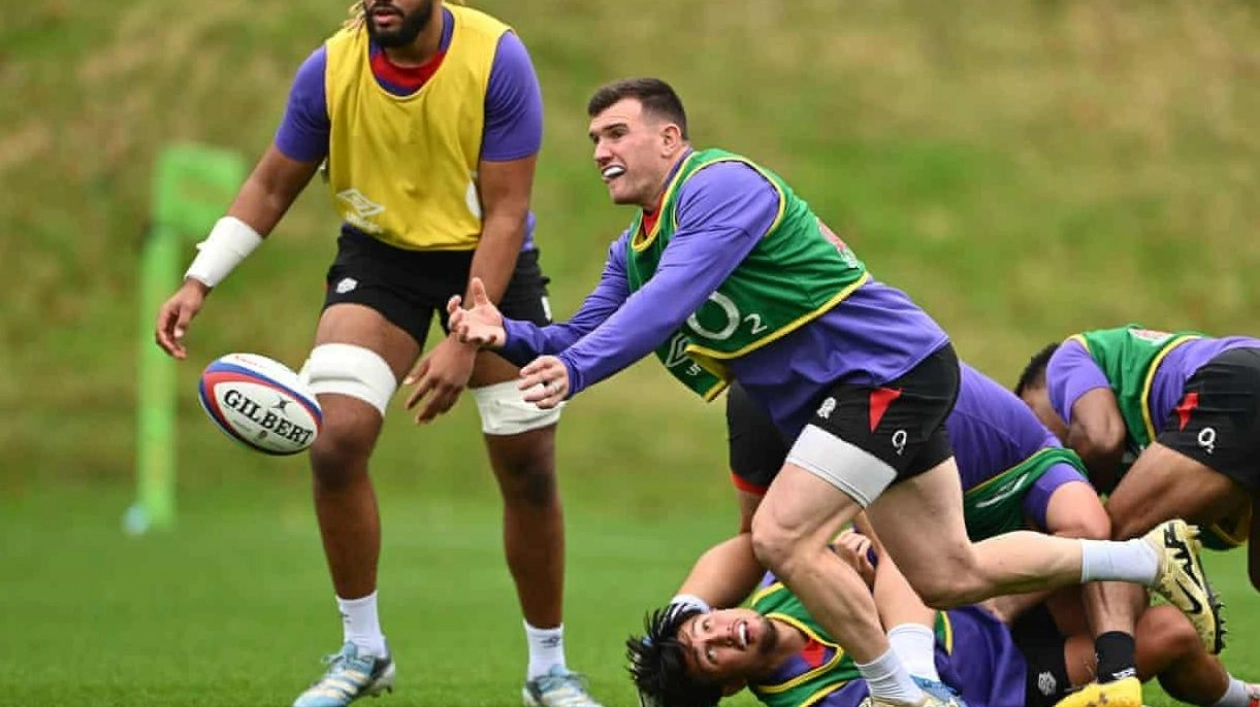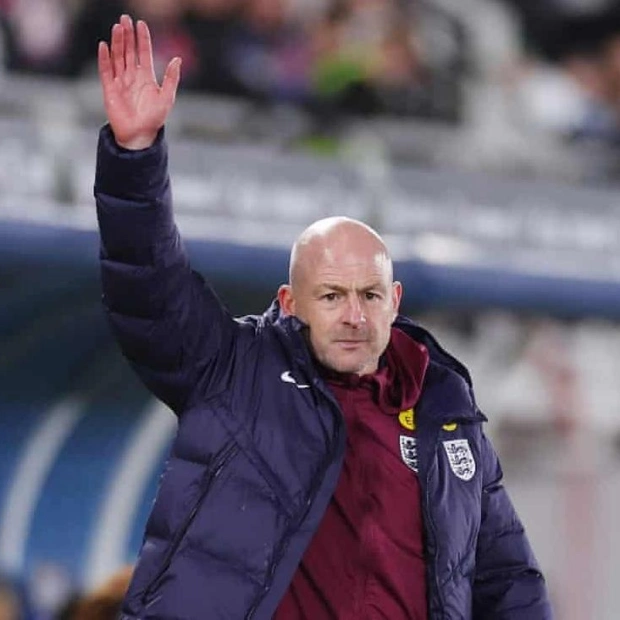Sweeping implications, crucial decisions, a nation on tenterhooks. But let’s shift our focus from Rachel Reeves’ expansive budget to delve into the nuances of Steve Borthwick’s inaugural autumnal England squad selection. A strategic blend for future development? Or a subtle tightening of the belt in anticipation of a potentially grueling few weeks? The reality, as is often the case in politics, seems to lie somewhere in the middle. In certain areas, Borthwick has had to emulate the Chancellor of the Exchequer, making some hard decisions. Sam Underhill, who has had memorable moments against New Zealand in the past, now finds himself excluded from the matchday 23. Fin Smith, touted as the next big thing at fly-half, is suddenly absent. Conversely, the Sale trio of the Curry twins and George Ford have seen their stock rise significantly. Bath’s scrum-half Ben Spencer, in the absence of the injured Alex Mitchell, is likely the biggest beneficiary, having waited six years for his chance.
A 6-2 bench configuration also hints at England’s priorities: Borthwick aims for his team to maintain high intensity throughout the 80 minutes, regardless of New Zealand’s tactics. The decision to announce the team 48 hours earlier seemed partly aimed at sending a proactive message. The All Blacks, however, would not be overly surprised by a team sheet with just four changes from the side they faced in Auckland in July. The fit-again Ellis Genge and George Furbank return, while Tom Curry replaces Underhill. Given the number of players under consideration, this level of continuity is commendable.
The more forward-centric bench, though, tells a different story. England has been losing close games, and Borthwick openly admits he is looking to ensure his side offers more in the latter stages of intense matches. In this context, Ford’s experience, Harry Randall’s pace, Alex Dombrandt’s synergy with Marcus Smith, and Ben Curry’s energy should theoretically aid the cause. Ben Earl might even be redeployed at center if necessary. The only minor concern is that Ford and Henry Slade, back at outside-center, have had limited game time this season due to injury. England aims to be fast and furious but is also keen on maintaining clarity of thought.
There remains a delicate balance between selecting the best team on paper and the most effective one for the weekend’s match. With so many contenders watching closely, England’s chosen few cannot afford to start slowly. Another unknown factor is the new enhanced EPS contracts, which some players have and others do not. Borthwick has made it clear that selection will not be based on contractual status, but for some, this will require a significant leap of faith. Take Underhill, now completely out of the 23 and without a hybrid contract. Does he redouble his efforts or fear his fate is sealed? If there is even a hint of a two-tier dressing room, the theoretical benefits of the new system will be quickly eroded.
There is also a sense that, in some positions, Borthwick is adopting a holding strategy until certain young talents are fully developed. It is widely known that England is excited about a group of young props who are still works in progress. However, it is asking a lot of fringe players to hold tackle bags for a month, knowing they might soon be discarded. If Borthwick is truly astute, he will have quietly ensured that players like Fin Smith or Trevor Davison get at least one autumn start and will rotate his lineup to give as many players as possible a fair chance. Because the next few weeks ultimately hinge on how England performs collectively, rather than the isolated fortunes of a few individuals. Of course, there is much to gain for the Currys and the 32-year-old Spencer, who has worked hard to speed up his passing from the base of the ruck. The reality, though, is that England’s fundamentals, especially in the final quarter, need to be sharper across the board.
“If you want to attack the way we want to attack, you have to ensure you’re working off good ball at the breakdown,” Borthwick said. “The challenge for us is to ensure we achieve that.” As with rebuilding the economy, the devil is always in the detail.
Source link: https://www.theguardian.com






